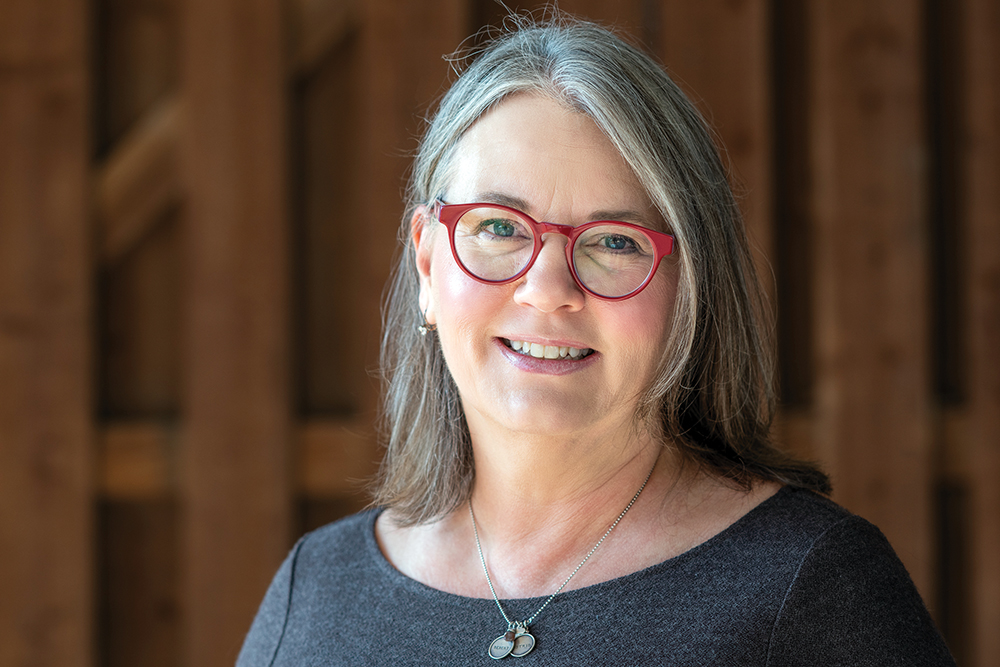Mental health concerns seem to be on everyone’s minds these days, as evidenced in this week’s cover story, and Virginia Murphy, founder and executive director of Playback Memphis, has found that true within Playback’s group of professional artists who bring audience stories to life with improvisation, dance, and music.
“We consider our work to be healing work,” she says, “but we were in a moment when we recognized even within our own very healthy organization, by most respects, we had a number of stories where mental health was a central character. … And we didn’t really have a direct way of talking about that with each other. That was true before 2021, before the pandemic, and now it’s kind of on steroids.”
As such, the group has turned its attention to seeking clarity for the sake of mental health and has invited the community to join in this pursuit with its Listening for a Change Week. “It’s an initiative on our part to explore new pathways and partnerships for mental health and healing through the arts,” Murphy says. “We know that we have this incredible therapeutic tool, and we feel like it’s an untapped resource in our community.”
For the Listening for a Change Week, Chesney Snow, a New York City-based, award-winning performing artist and pioneer in beatbox culture, will lead a choreopoem workshop, open to the public, this Thursday. The workshop will give insight into sharing personal stories and using art as a medium for social healing. The event will also include excerpts of Snow’s original choreopoem performance, The Unwritten Law, which explores the artist’s personal journey “from a legacy of incarceration to fatherhood, homelessness to Harvard, to ultimately starring on Broadway.”
After the workshop, Playback will host a free community gathering with Snow at 5:30 p.m. at the Frayser Community Development Corporation garden. You do not have to attend the workshop to join, and light refreshments will be available.
On Saturday, Snow will join in a Playback performance with audience members sharing a personal story or reflection for the ensemble cast of actors, dancers, musicians, and poets to reimagine on the stage. “It’s done in the service of building empathy and awareness,” Murphy says. “You may share a story and see it played back and may see something you hadn’t really considered before. … Not everyone shares, and if you’re in the role of witness, that’s a really important role as well. It helps a lot with perspective.”
After the performance, Jennifer Balink of Kindred Place will facilitate a conversation to reflect on the shared experience of the performance. Murphy says, “We want people to walk out after and feel like they are taking away something that will nourish and support them out of the theater.”
Choreopoem Workshop led by Chesney Snow, Frayser Community Development Corporation, Thursday, August 25, 2-5 p.m.
Listening for a Change: Memphis Matters, TheatreSouth at First Congregational Church, Saturday, August 27, 7 p.m., $10-$30.

